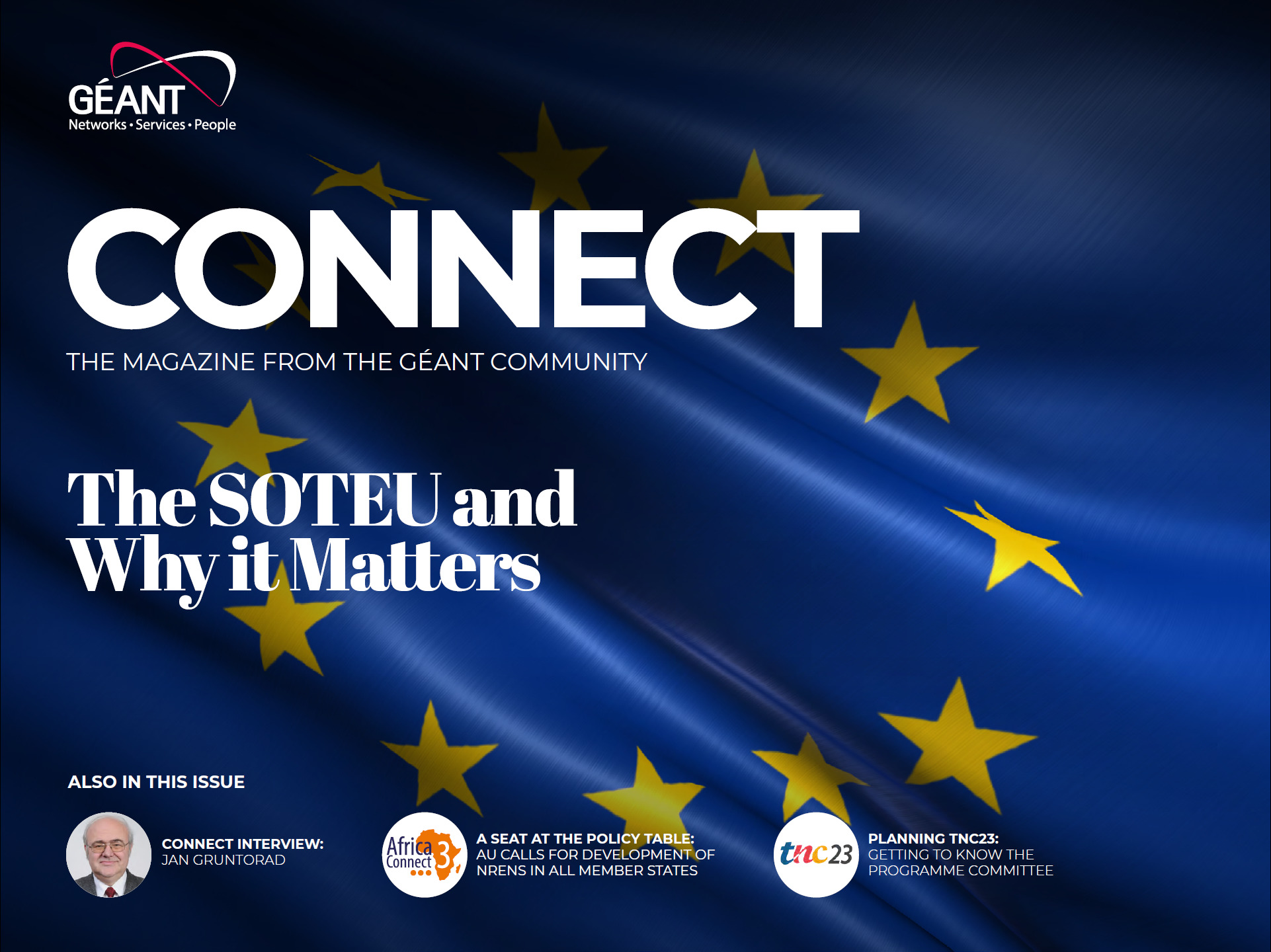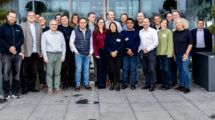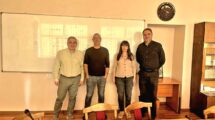Gyöngyi, you have been working in the GÉANT Community Programme for five years now. You created and are coordinating the Task Force on Educational Activities and Services (TF-EDU) since 2020. Tell us in a nutshell what TF-EDU is about and why education experts and professionals across the R&E community should join it.
When I started working on GÉANT’s activities related to education in 2018, it was very clear that our community and many NRENs were actively offering various services to educational institutions and there was a need to collaborate to help coordinate and enhance further developments in the field. The TF was created to respond to this need and grew to be a platform where experts meet on a voluntary basis to reflect on and discuss about the educational technologies landscape in the NREN community and to support the development of tools and best practices to address shared issues. Infrastructure is not enough anymore, but ICT has become a crucial part of education and NRENs need to be part of the strategic debate. The TF is committed to supporting the higher educational institutions that GÉANT and the NRENs connect with the right services to face ever-changing technological advances. In fact, beyond being just a discussion forum, the activities of TF-EDU have resulted in great community projects and tools for NRENs to use.
And these experts come from all around world! How did this community come together to work on common issues and to identify shared trends when COVID-19 put a stop to in-person meetings?
The TF officially started in February 2020, just before the COVID-19 pandemic broke out. Together with the Steering Committee, we quickly realised the need for our community to share knowledge to support the continuation of services in the switch to online learning. Throughout the pandemic, we saw a record number of virtual meetings covering topics such as NREN strategies, remote collaboration tools and platforms, etc. The community also came together to create an open platform for those institutions without an alternative solution to rapidly address the need for remote education: openUp2U. It was incredible to see how everyone in our community got together and collaborated on a voluntary basis and shared their experiences and knowledge.
Speaking of COVID-19, with the sudden switch to online learning the focus of TF-EDU was and still is more relevant than ever. Can you tell us a bit more about how the work and achievements of TF-EDU have been beneficial to the community during these difficult times?
The number of educational services offered by NRENs has increased since the pandemic started, and more and more organisations extended their educational support activities and teams. It was clear that the community was focusing on supporting higher education institutions to continue to be able to offer their services during the pandemic. TF-EDU helped to raise awareness on the value of NRENs when it comes to knowledge, impartiality, as well as protecting the privacy and security of the users. There were several initiatives that started from TF-EDU: the up2Digischools project, the eduMEET community, Moodle experience changes, and more recently focusing on our involvement in a European educational digital infrastructure.
Every year, TF-EDU runs the annual educational survey to gather an overview of what the member NRENs are working on and are interested in exploring. How have the results of this survey been useful to the whole community in the improvement and development of their educational activities and services?
The survey is a precious tool for NRENs to explore possibilities for collaborative projects and activities and find a collaborative partner. For example, the latest survey highlighted that the community is interested in exploring collaboration in the areas of Trust & Identity, Learning Management Systems, video-conferencing, and public values. There has been a significant uptake in these services and thanks to the survey, NRENs working on one of these fields are informed of the status of similar activities in the rest of the community, can identify common goals and challenges, and also put in place working groups to work together!
So, what’s next on the agenda for TF-EDU?
Next on our agenda is focusing on working towards a European Educational Digital Infrastructure and identifying where the urgent and also long-term needs are for the educational institutions that our NREN community can support. NRENs have the knowledge, the trust, and together also the capability to do great things in education!
To learn more about TF-EDU activities, visit: https://community.geant.org/tf-edu

Read or download the full magazine here







